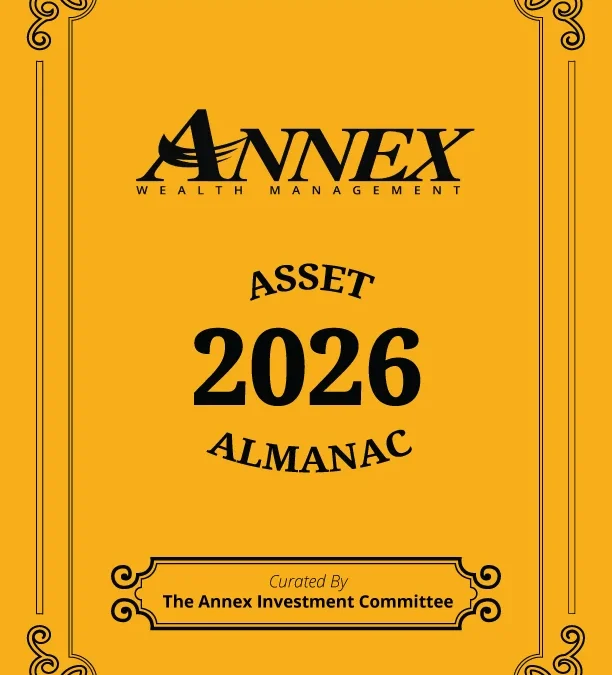
As summer begins, you may have already planned – or are in the last stages of planning –your vacation. Vacation is often a much-needed getaway for us from our jobs, as well as a chance to finally enjoy some true family time. It’s no surprise that many of us go to great lengths to plan our perfect vacation.
It also shouldn’t be surprising to discover that there are plenty of salespeople waiting to “help” you with all sorts of vacation options, including timeshares. Recent statistics indicate as many as 1 in 12 currently own a timeshare.
This week’s MoneyDo is to ask important questions about timeshares. Whether you’re considering a timeshare or already an owner, make sure you understand that while timeshares can be a solid lifestyle purchase, they aren’t for everyone.
Note that we didn’t describe a timeshare as an investment. A timeshare is a poor investment; but if you’re buying your timeshare as a lifestyle purchase, not an investment, because you want to enjoy a yearly vacation, it may make provide value. Like any other large purchase, it’s imperative to do your homework.
What Timeshares Offer
Timeshare is a way to purchase a share, or piece, of a resort that guarantees a high-quality vacation experience at least once every year. You’ll encounter all sorts of different time share products —weeks-based, points-based, or a something in between—that offer flexibility and a variety of options.
You’ll run across two types of timeshare ownership – deeded and non-deeded. Most resorts today are deeded, in which the owner buys a deeded interest in real property. Deeded timeshares are usually called “timeshare estates” under state laws. Non-deeded interests go by different names: “timeshare uses” or “timeshare licenses,” and sometimes they’re called “memberships.”
If you bought an expensive vacation home at a beautiful location, you’d want to be there much of the year. But, the reality is, most of us have jobs, duties and responsibilities that would keep us from enjoying that home. And, as an owner, you’d have to spend time maintaining the property, which doesn’t sound very relaxing.
A timeshare sells you only the part of that expensive vacation location. Unlike a hotel room, you have access to a kitchen and other amenities that make it feel more like a vacation home. You only pay for the days you use – and you don’t have to deal with handling the maintenance and upkeep yourself.
On the other hand, you’ll have to pay for the resort to take care of upkeep, in the form of maintenance and annual fees. Some annual fees could exceed $1,000 a year.
In addition, selling a timeshare can be difficult. Many are sold at a steep discount, and worse still, you can’t claim the lost as a capital loss on your taxes.
Perhaps most distressing for potential buyers is the aggressive salespeople and tactics they employ to get you to buy. It’s hard to know what questions to ask, and you might find it hard to even walk away to consider your purchase on your own. Don’t let a salesperson keep you from asking important questions and considering what you’re getting yourself into.
Questions To Ask
Keep these concepts in mind if you’re considering purchasing – or are reviewing your purchase of – a timeshare:
- How often and where do you go on your vacation? Consider if you really do go to the same place at the same time every year. A quick audit of where you’ve been and where you’d like to go may include a mix of activities and destinations, which may be a sign a fixed date and place isn’t the right purchase for you.
- Will there be a market for your time share if you need or wish to sell it in the future? Many timeshare sellers discover that the secondary market is glutted with timeshare units for sale. You may want to consider if there are similar used timeshares on the market now, and if they’re selling at a deep discount.
- Will you have to borrow to purchase the timeshare? Some financial experts believe that if you have to borrow, then the timeshare isn’t a solid lifestyle purchase. Make sure to consider the terms of the loan and if they fit your financial plan.
- How reputable is the seller? Check The Better Business Bureau or other sources for feedback.
- How much are the annual maintenance fees and other charges? As you review where you’ve traveled on past vacations and where you’d like to go, consider how much you’ve spent and compare it to the fees and charges you’d pay at your potential timeshare.
- Are you locked into a specific week or does the timeshare offer flexibility? Remember, for many schools, spring break changes from year to year; for those that observe religious holidays, many spring holidays are not celebrated on the same date.
- Speaking of flexibility, can you choose different locations, or are there associated points or benefits available? Some deeded timeshares still offer a points system, which could allow you flexibility on where you decide to vacation. Others offer discounts on hotels and other amenities. Make sure to consider those options – and remember, in a points system, often one destination may require a different number of points than another.
- Is the price negotiable? You may want to know if you can negotiate a price closer to a number that works for you and your financial plan. Consider a bottom line. Compare the average nightly cost of a hotel stay near your timeshare location vs. the cost of the timeshare. Does the timeshare cost more? If so, do a gut check and ask yourself: “Based on the additional benefits a timeshare offers over a standard hotel room, is this purchase worth it to me?
- Are you receiving pressure to make a decision now? If so, why? Your salesperson is likely compensated based on their ability to get you to sign. But make sure you’re making a decision you can live with, and one that serves your family and your financial plan. Don’t let the high-pressure sales tactics prevent you from simply walking away letting the seller know you need some time to do some research. Remember, the devil is often in the details. Many timeshares can be a great experience for a family for years others can prove to be very expensive and hard to sell.
https://www.consumer.ftc.gov/articles/0073-timeshares-and-vacation-plans
https://www.quickenloans.com/blog/are-timeshares-worth-the-money







